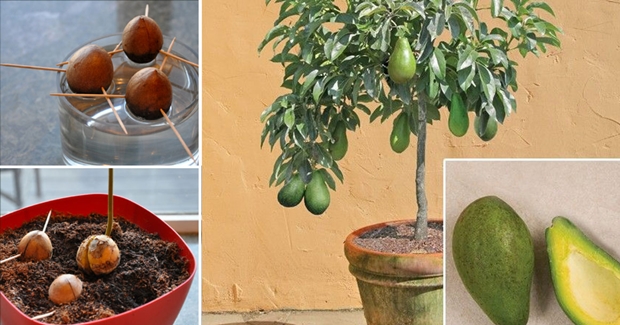Your Produce Could Be Not as Clean as Advertised. Find Out What It Is
After five years of topping the list, apples have officially been dethroned as the Environmental Working Group's most pesticide-loaded produce, and there's a new fruit that tops the organization's "Dirty Dozen" list: the strawberry.
According to the EWG's 2016 list, which uses data from the U.S. Department of Agriculture and the Food and Drug Administration (USDA), the strawberry is the most contaminated produce on grocery store shelves, and the once seasonal fruit has easily made the top mark for the first time.
In total, the scientists found that 98 percent of samples of strawberries contained at least one pesticide, and one sample even contained 17 different varieties. According to the report, the sudden move of strawberries to the top of the list can be attributed to the growers' desire to make the once-seasonal fruit available year-round. With that change in growing came the increase in pesticides.
They're not alone. These are the 12 most pesticide-contaminated conventionally-grown fruits and vegetables, also known as The Dirty Dozen:
- Strawberries
- Apples
- Nectarines
- Peaches
- Celery
- Grapes
- Cherries
- Spinach
- Tomatoes
- Sweet bell peppers
- Cherry tomates
- Cucumbers
Thankfully, there is a plus side. The Clean Fifteen, otherwise known as the safe produce, are exactly what you should be adding to your grocery list:
- Avocados
- Sweet corn
- Pineapples
- Cabbage
- Sweet peas (frozen)
- Onions
- Asparagus
- Mangos
- Papayas
- Kiwi
- Eggplant
- Honeydew melon
- Grapefruit
- Cantaloupe
- Cauliflower
Reaching for certified organic products, the EWG says, can help limit exposure to these pesticides, limiting the mold in your diet. "Fruits and vegetables are important for your health," says Sonya Lunder, EWG Senior Analyst. "But for those on the Dirty Dozen, we recommend buying the organic versions if you want to avoid pesticides on your food. You can feel confident that conventionally grown fruits and veggies on the Clean Fifteen list have very little pesticide contamination."
Source: Rodale Wellness



